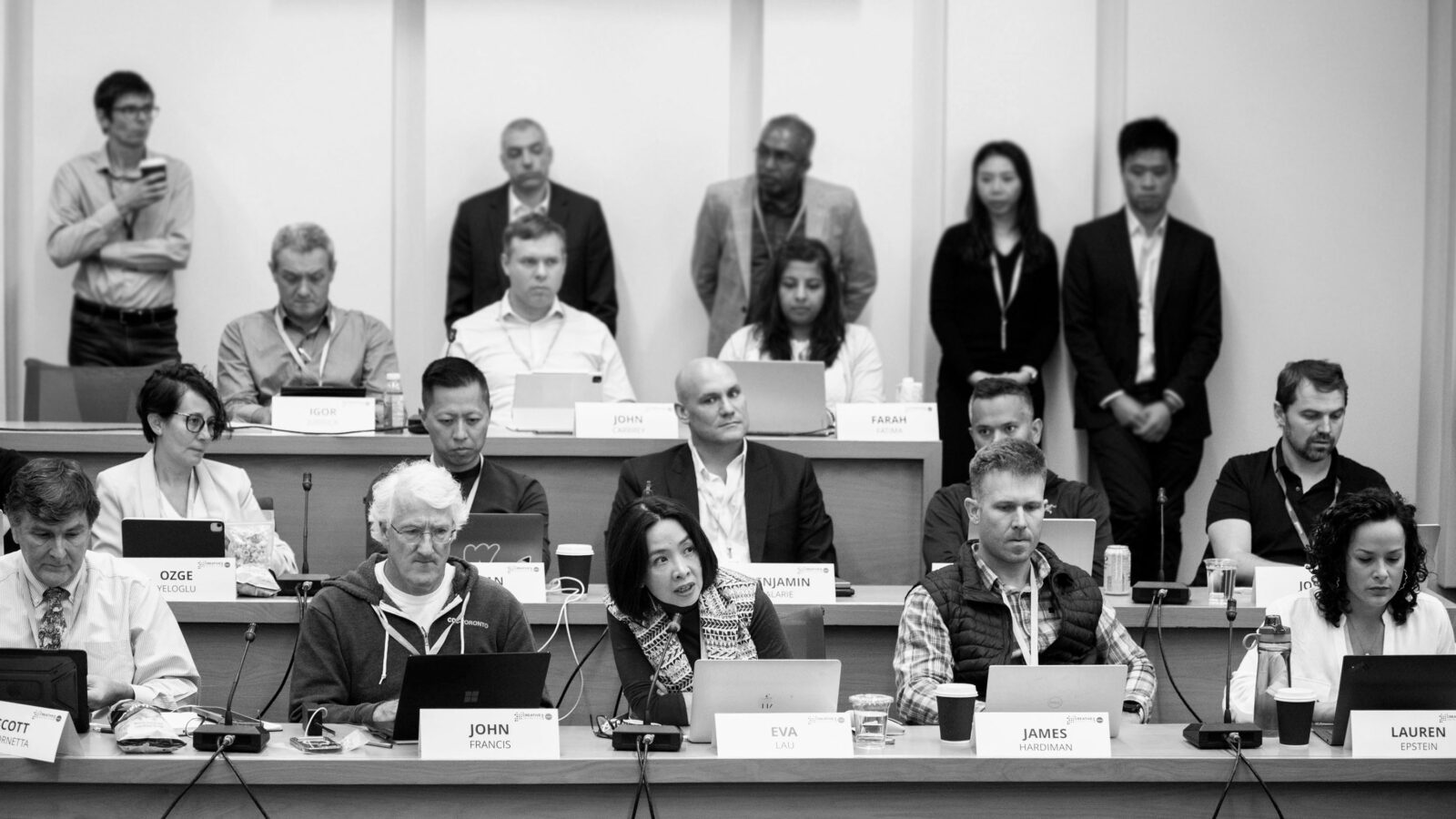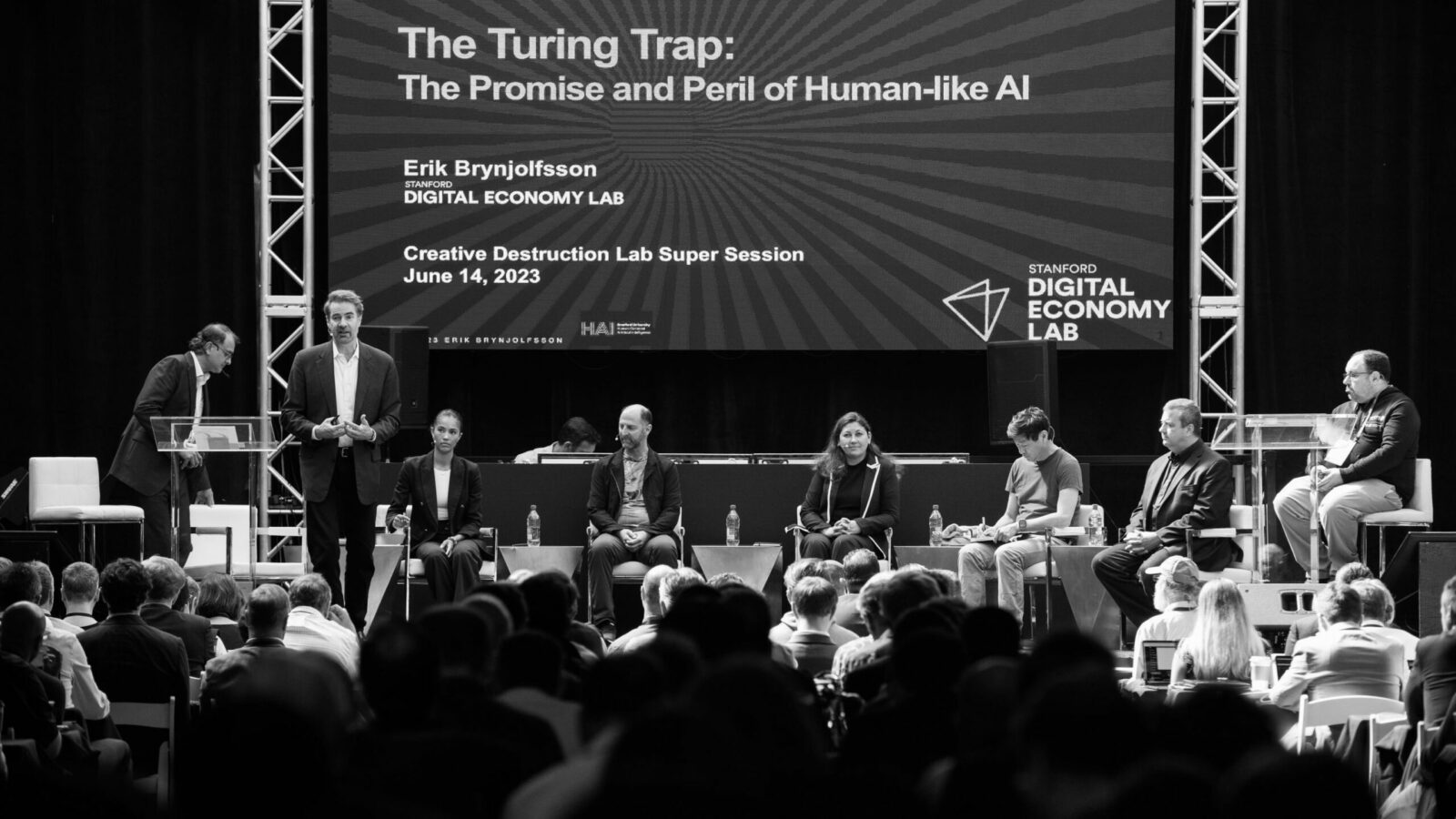Patricia Thaine found Creative Destruction Lab’s program so fruitful, she joined it twice.
The founder and CEO of Private AI first signed up in 2017 with version 1.0 of her product, which she eventually decided was not commercializable. Thaine spent another year doing research and thinking about what the market needed, and then — with a MVP in hand — she and CTO Pieter Luitjens signed up for a second time in 2020.
Creative Destruction Lab (CDL) offers a nine-month, objectives-based program for seed-stage science- and tech-based ventures. It offers 17 specialized streams in areas like AI, energy, blockchain, space and climate, at 11 sites in North America and Europe.
Thaine is a computer science PhD candidate at the University of Toronto (on leave) and a Vector Institute alumna doing research on privacy-preserving natural language processing, with a focus on applied cryptography. Private AI’s product can detect, redact, and replace personally identifiable information with more than 99.5-per cent accuracy. It has applications for organizations that need to share production data with machine learning, data science and analytics teams while safeguarding customer trust.
“I knew nothing about how to commercialize anything,” Thaine said of her background before CDL. “I didn’t know anything about business.”
She said she learned “a huge amount” about how to do hypothesis testing and what to look for in a scalable product during her first experience at CDL. She’d also made amazing connections.
“So I thought, for the second version, I would love to go through CDL again.”
Private AI joined CDL again in 2020, signing up for the AI stream in Toronto. The company had just raised a pre-seed round of $300,000 USD, and had three team full-time members: Thaine, Luitjens and John Stocks, head of sales.
Thaine said that CDL’s mentors were an invaluable resource, offering introductions to early customers, investment, and advice. CDL’s Umair Akeel, who Thaine described as a “fantastic mentor,” and Commander Chris Hadfield became angel investors.
Mentors also provided crucial advice about how to pitch Private AI’s product to developers, who sometimes feel they can build a similar tool themselves.
“Developers often have pride of ownership, or someone who always thinks they can build something themselves. That ends up taking a lot more time than a lot of them expect. So it’s all about talking about the value proposition,” Thaine said.
She said CDL mentors were key in helping her hone this message.
Thaine said she got investment interest from mentors who were assigned to her venture, but also from other mentors who learned about her venture during CDL program sessions.
One mentor ended up leading a syndicate of angel investors that funded the company.
“That was really great, because their familiarity was with developer products, marketing to developers, and, you know, building a company like ours from scratch into a multibillion-dollar company, which is amazing,” she said.
Private AI was selected as a mainstage company at CDL’s Super Session in 2021, which brings together all the graduating companies from every CDL stream at every one of its sites around the world.
That exposure brought interest from another potential customer and a potential investor, Thaine said. It also brought introductions to professionals who have hyped up Private AI to their own networks.
In the two-plus years since joining CDL for a second time, Private AI has gone from seeking out early adopters to deploying in production at financial institutions, insurance companies, a hospital network, and with numerous partners in the conversational AI space.
Last year, the company closed a seed round of investment that was co-led by Microsoft’s VC fund M12. Private AI has had so much interest from investors, Thaine now chooses the investors she wants based on the value they provide beyond money.





